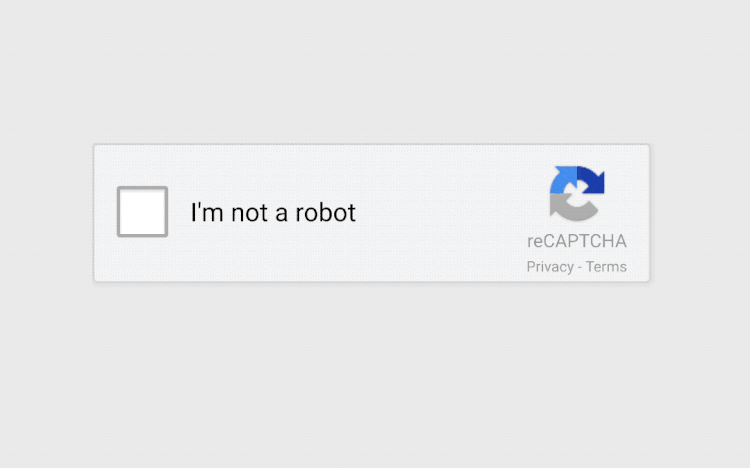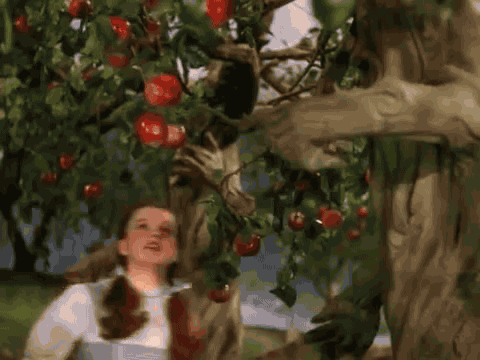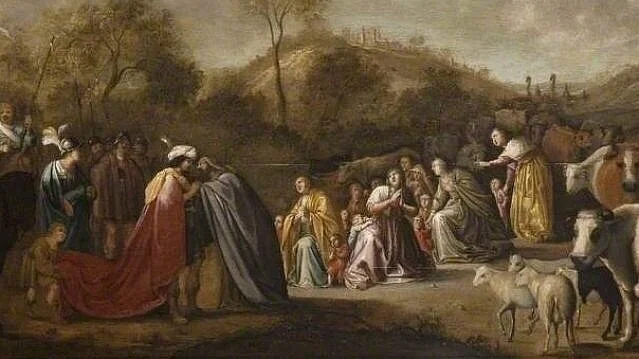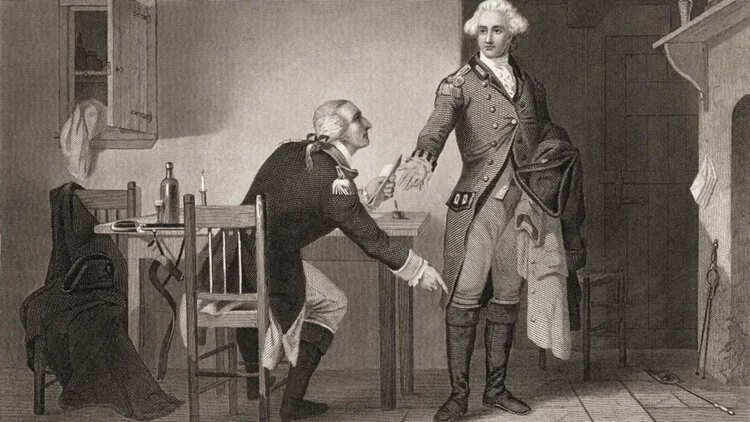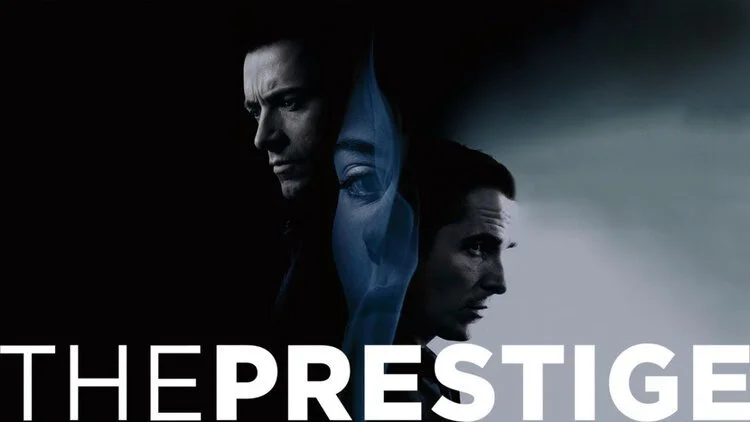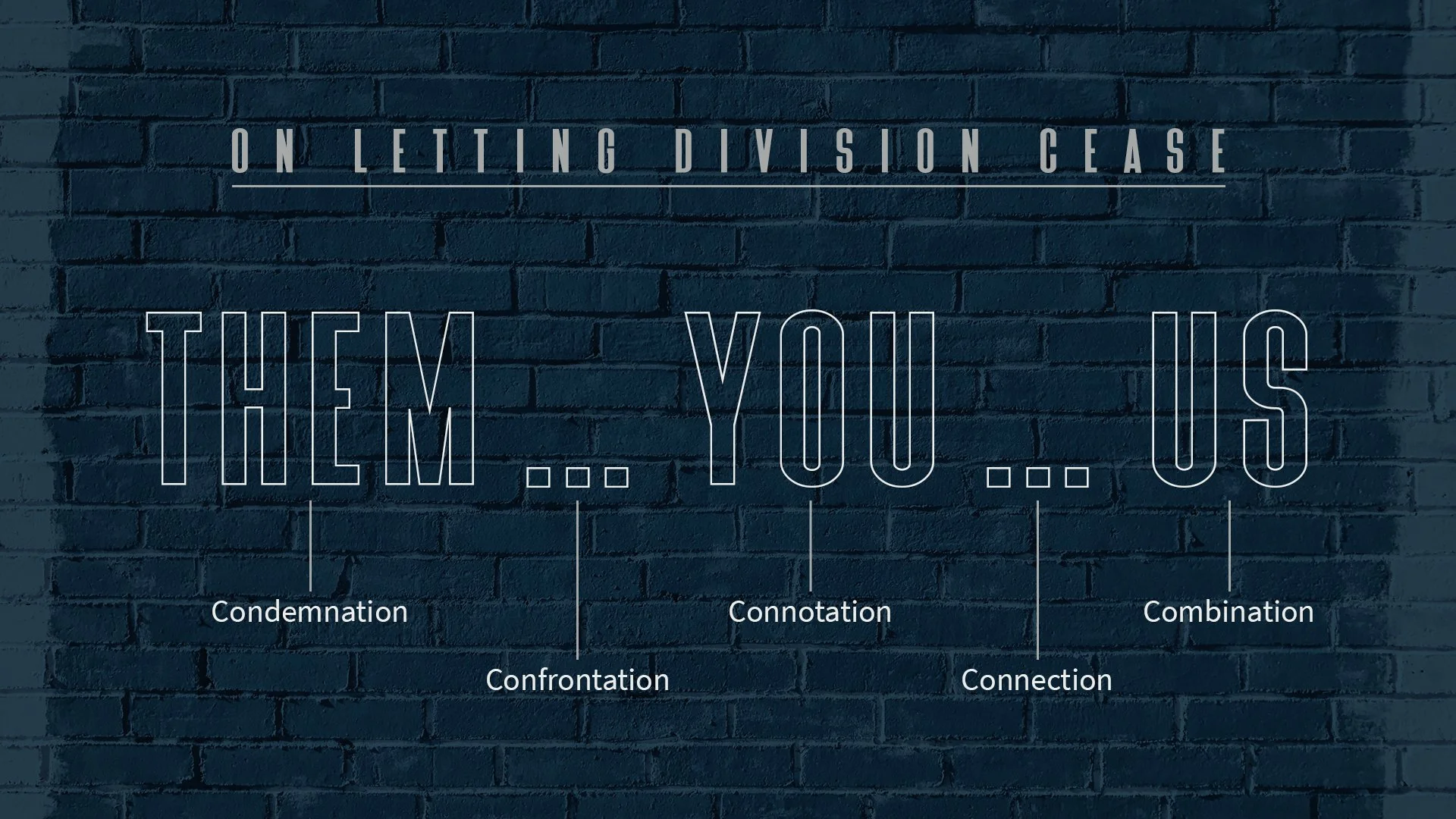“Condemnation”
(Last week's Small Group material can be found at this link.)
“Condemnation”
Part 1 in the On Letting Division Cease Spotlight Series
For the days when it’s easier to see what divides than what unites, for the distance between people that can seem impossible to overcome, and for a chance to quit seeing what it is about them that makes you different—this series suggests a practical, godly approach to peace.
Think of a time when you were, without question, the one to blame.
Assuming you’re not a robot, there’s an excellent chance that at some point in your life, you’ve done something that (a) had negative consequences and (b) could really only be blamed on you.
Think of one of those times.
(If you’re willing, pause here and share it—especially if it’s funny.)
Now that you’ve done that, think of another—but this time, think of the one you may have avoided thinking about so far. Think of the one that you’re ashamed to think of—the time you wish you could take back.
(The power of this exercise depends on your willingness to face that story. Don’t avoid the one you most hate thinking about. It’s going to be alright—in fact, it will turn out well.)
Press play on the player above, using the duration of this instrumental setting of O Come, O Come Emmanuel to write that story down (or type it up), following the structure given below.
(One important note: take full responsibility. This is not about blaming anyone else but yourself for your part in this story.)
Lord, you know about the time that I __________.
I know that I should have __________ instead.
I hate the consequences of that situation, especially __________.
I’m sorry, Lord, to you and to __________, especially for __________.
Blameless.
Everyone has stories like the one you just wrote about. Just as unfortunately, everyone has other stories, too—ones they like more than the one’s for which they’re totally responsible—ones where they can blame somebody else.
The painting above is called No Shame, and it’s meant to depict Adam and Eve, the first people, in their paradise before they sinned—when they felt no shame. Sadly, (in the first example of a story like the one you wrote about) they brought shame into their lives by ignoring God’s clear promises and taking what he’d said they didn’t need.
Read what happened next:
When the woman saw that the fruit of the tree was good for food and pleasing to the eye, and also desirable for gaining wisdom, she took some and ate it. She also gave some to her husband, who was with her, and he ate it. Then the eyes of both of them were opened, and they realized they were naked; so they sewed fig leaves together and made coverings for themselves.
Then the man and his wife heard the sound of the Lord God as he was walking in the garden in the cool of the day, and they hid from the Lord God among the trees of the garden. But the Lord God called to the man, “Where are you?”
He answered, “I heard you in the garden, and I was afraid because I was naked; so I hid.”
And he said, “Who told you that you were naked? Have you eaten from the tree that I commanded you not to eat from?”
The man said, “The woman you put here with me—she gave me some fruit from the tree, and I ate it.”
Then the Lord God said to the woman, “What is this you have done?”
The woman said, “The serpent deceived me, and I ate.”
Genesis 3:6-13
Answer these questions: (note that they’re different colors, which indicates that it’s suggested you address them one at a time)
- Where, in this story, do you see shame?
- Where, in this story, do you see blame?
- Agree or Disagree: Where there’s shame, blame wants to follow.
Before we go any further, it’s important that you know this:
Praise be to the God and Father of our Lord Jesus Christ, who has blessed us in the heavenly realms with every spiritual blessing in Christ. For he chose us in him before the creation of the world to be holy and blameless in his sight. In love he predestined us for adoption to sonship through Jesus Christ, in accordance with his pleasure and will— to the praise of his glorious grace, which he has freely given us in the One he loves.
Ephesians 1:3-6
God does not blame you. Even for the worst of it, no matter who you are, no matter what you’ve done or failed to do. God does not blame you. Instead of blaming you, God took the blame and put it on his son, Jesus, and Jesus suffered the consequence you deserved.
You are blameless. Take a few minutes to celebrate that by listening to this song—Boldly I Approach by Rend Collective—and we’ll see you in the Learn section.
Look more closely at these words:
Praise be to the God and Father of our Lord Jesus Christ, who has blessed us in the heavenly realms with every spiritual blessing in Christ. For he chose us in him before the creation of the world to be holy and blameless in his sight. In love he predestined us for adoption to sonship through Jesus Christ, in accordance with his pleasure and will— to the praise of his glorious grace, which he has freely given us in the One he loves.
Ephesians 1:3-6
Think this section through using these questions:
- Who seems to be the main character of these verses: God the Father, Jesus Christ, or us?
- “For he chose us in him” is a confusing phrase. Who is the “he”? The “us”? The “him”?
- When did “he” choose “us”? Considering what you saw in Genesis 3 earlier, why might this timeline be significant?
- “He chose us… to be holy and blameless in his sight.” First, what does it mean to be holy and blameless? Second, why does it matter that you’re holy and blameless in his sight (as opposed to “in reality…”)
- Why did he choose us to be “holy and blameless”? What reason does the section give?
- What comes from this choice—that is, what results from it for God the Father?
Listen to this song by Gungor.
That section from Ephesians 1 is really important, because it establishes you as someone God wants and loves, and it shows that he won’t let anything separate you from him. So why is that so hard for us to do?
To start thinking this out, listen to the song Us for Them and read the lyrics as you listen. (This song is a remarkable and deep piece of poetry with a lot to say.)
Lyrics
When the lines are drawn;
when you’re in or out;
when it’s us or them
and we shame the doubt,
it is all a lie.
All we ever really need is love!
There’s no need to shed more blood.
Look upon the cross!
Look upon the cross!
See the face of Christ.
See the mercy in His eyes.
Every valley shall be lifted high.
Now our enemies are blessed,
the heavy laden rest,
for His judgment is love.
His judgment is love!
There is no more guilt.
There is no more shame.
All our darkest sin,
all our deepest pain…
Blessed are the poor,
all the lonely broken lost and torn,
see, a kingdom comes to us—
a war that’s fought with love.
Our only war is love.
Prepare the way of the Lord
wielding mercy like a sword.
Every mountaintop will be made low.
Know, He holds the earth like dust
and his judgment comes to us
and his judgment is love,
His judgment is love!
We will not fight their wars.
We will not fall in line.
Cause if it’s us or them,
it’s us for them.
It’s us for them.
We reject the either/or.
They can’t define us anymore.
Cause if it’s us or them,
it’s us for them.
It’s us for them.
Us… You… Them
↑ Have you seen this sad progression? If we began, in the garden of Eden, as a united family, how have we become so far apart? How do people grow apart and become divided?
We’ll talk a lot about how “us”… becomes “you”… becomes “them”… over the course of this series, but for now, see if you can identify it in any of these well-known stories (listed in order or appearance?)
Jacob &
Esau
Star Wars:
Prequel Trilogy
Benedict Arnold
The Prestige
Find a cause you don’t… love.
There are always going to be people with whom you disagree. That’s life on earth. But as we get into this series and start thinking about what to do with those disagreements, we want to humanize the “enemy.” (They’re not the enemy.)
So…
Think of a cause that you don’t agree with. A “them” cause.
Find time this week to research and learn about an actual, living person investing in that movement right now.
Find a way to communicate with them that you value them, respect them, and otherwise consider yourself to be unified with them even though you don’t agree with what they are saying. DO NOT make a big deal out of the disagreement side of it. Make a big deal out of the unity. Make a big deal out of the love. At least a 20 to 1 ratio.
Identify the #1 and #2 qualities of heaven’s wisdom
But the wisdom that comes from heaven is first of all pure; then peace-loving, considerate, submissive, full of mercy and good fruit, impartial and sincere. Peacemakers who sow in peace reap a harvest of righteousness. (James 3:17-18)
Did you find them?
Dear Christians, make peace.
As a group, brainstorm ways you can be peacemakers, maybe even as soon as this very week.
Ask yourselves the question: What would successful peacemaking look like?
Submit a prayer request.
Feel free to share your prayer request using the link below (which opens in a new tab).
Note: Prayer requests can be confidential (please indicate so!) and go directly to Pastor Garrett's email. Those requests that you indicate as public could appear on next week's online Small Group material.
Pray for unity.
“My prayer for all of them is that they will be one…
Then the world will know that you sent me
and will understand that you love them
as much as you love me.”John 17:21, 23
If you’re in a group, read this prayer together.
O God,
we are one with you.
You have made us one with you.
You have taught us that if we are open to one another,
you dwell in us.
Help us to preserve this openness
and to fight for it with all our hearts.Help us to realize that there can be no understanding
where there is mutual rejection.O God, in accepting one another wholeheartedly, fully, completely,
we accept you, and we thank you, and we adore you,
and we love you with our whole being,
because our being is in your being,
our spirit is rooted in your spirit.Fill us then with love,
and let us be bound together with love as we go our diverse ways,
united in this one spirit which makes you present in the world,
and makes you witness to the ultimate reality that is love.
Love has overcome.
Love is victorious.Thomas Merton (1915-1968)
Listen to this song.
Close out your time today with the song They’ll Know We Are Christians. (Lyrics are below the video.)
We are one in the Spirit, we are one in the Lord
And we pray that our unity might one day be restored
And they'll know we are Christians by our love, by our love
Yeah they'll know we are Christians by our love
We will work with each other, we will work side by side
We will work with each other, we will work side by side
And we'll guard each man's dignity and save each man's pride
And they'll know we are Christians by our love, by our love
Yeah, they'll know we are Christians by our love.
May the grace of the Lord Jesus Christ,
and the love of God,
and the fellowship of the Holy Spirit be with us all.
(2 Corinthians 13:14)


